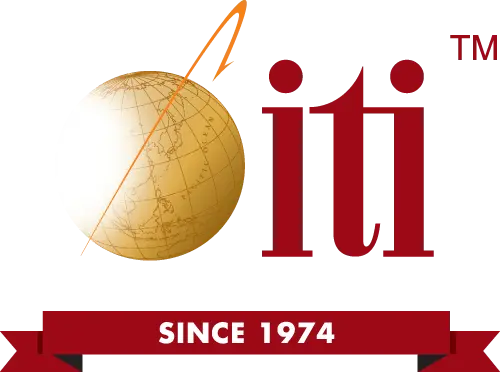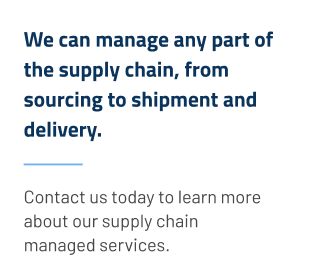Subcontractors and manufacturers within the United States understand full well that the custom-made molds, dies and production tools they make, or design, on behalf of their end-user customers, is ultimately owned by those same customers. However, this isn’t necessarily the case when it comes to China manufacturing. In fact, many Chinese manufacturers are known for taking liberties with their US-based and worldwide customers. Ultimately, there isn’t always the same regard for the buyer-seller relationship as there might be here in North America.
The manufacturing tools your company pays for doesn’t mean the Chinese company that made them won’t try to sell them, use them, or even outsource their use to other customers. In fact, it’s common for companies to see their custom-made tools and molds available for purchase or rent on websites like www.made-in-china.com and www.alibaba.com, two websites known for linking buyers worldwide with low-cost Chinese molds, dies and tools. It’s a common practice and one your company must be aware of.
China manufacturing has come a long way, both in terms of efficiency and speed of response. Benefiting from their lower costs of production is a solid decision, especially when one considers just how far China manufacturing has advanced in terms of production throughput and overall product quality. In fact, while China still lags behind the USA in terms of overall productivity, Chinese manufacturers have gained substantial ground in terms of production throughput when compared to many western countries.
This increase in production throughput, coupled with their low labor cost, makes China a viable outsourcing alternative. However, protecting your company’s interests is your most important priority. To help, here are a few things to consider when purchasing molds and dies from China.
#1) Exclusivity:
Make sure your Chinese manufacturer provides you with exclusivity on the molds, dies and production tools they are making. If their intentions are dishonest, then you’ll immediately notice them become apprehensive in granting this request. If they show any concern, then it might be a sign that they may have ulterior motives.
#2) Contractual Agreements:
Make sure your supply contracts are signed and that they stipulate liabilities for both parties relative to any breach of contract. While it is sometimes hard to enforce these agreements, the fact that a Chinese manufacturer is willing to sign an agreement implies they are better than other suppliers who would not sign one.
#3) Back-End Rebate:
If you aren’t as concerned about whether your company has exclusivity on the mold, then make sure you get a back-end rebate on the initial upfront cost of the tools you’ve purchased. In this case, you can request that the Chinese manufacturer provide you with a discount on each unit you purchase from them until you’ve accrued the original cost of the molds and tools.
It certainly makes sense to outsource manufacturing to China. Having dies, molds and everyday production tools made by Chinese manufacturers will help lower your overall costs. After all, moving production overseas is a trend that started well over a decade ago and it’s one that continues to this day. However, you must protect your company’s position moving forward, and the easiest way to do that is to contact ITI. We know how to work with China manufacturers so that your company and products are in good hands.





